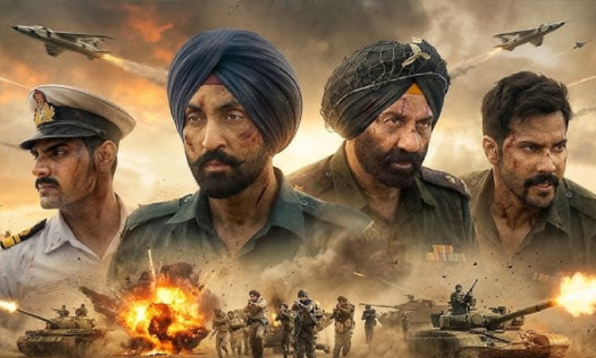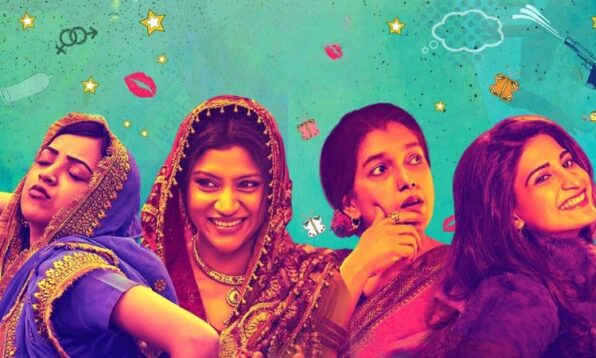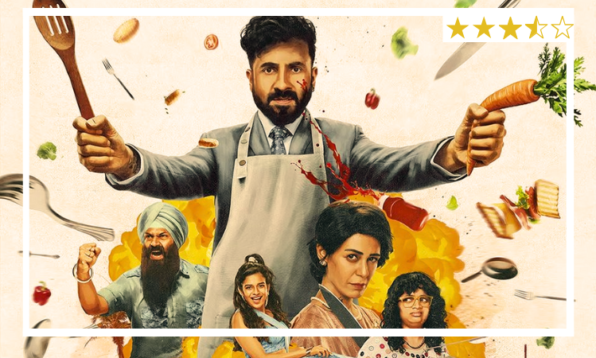If you think you can spot a narcissist, think again. He’s not the obvious villain screaming abuse. He’s the charming husband buying you everything you never asked for. It’s men like Raza from Pamaal, and they might be disturbingly familiar. Green TV’s latest drama has social media in a chokehold, and for good reason. While some viewers swoon over Raza’s “devotion,” others are shouting at their screens, recognising something far more sinister: the narcissist who weaponises love itself. Pamaal isn’t just a drama; it’s a psychological case study in how and why we often fail to spot the signs of a narcissist.
Signs of a narcissistic person

Malika (Saba Qamar) is an aspiring and talented writer, but she leaves everything for love, or what she thinks is love. Raza (Usman Mukhtar) provides everything for Malika but never with her. The distinction is important. There’s a telling moment in Pamaal where Raza selects furniture for their marital home whilst Malika watches from the sidelines. And this is the case with everything. Raza makes every decision for both of them — alone. This is covert control at its finest. He’s attentive, generous, seemingly thoughtful. But he’s also suffocating. And that’s precisely what makes Saba Qamar’s latest drama so psychologically astute: it understands that narcissists don’t always announce themselves with cruelty which is why it becomes tough to identify them. Raza doesn’t scream like the toxic husband we all recognise from somewhere; he hides his control with “I care about you.”
The monsoon moods
Raza’s emotions shift like weather patterns — warm and attentive one moment, cold and withdrawn the next. Anyone who’s lived with narcissistic behaviour recognises this immediately.
When you never know what might set your partner off, you start shrinking. You second-guess your words, filter your emotions, and tiptoe around them. This is intermittent reinforcement. Psychology defines it as the phenomenon when affection, attention, or validation is given inconsistently. Sometimes, your partner is warm, but sometimes withdrawn. This unpredictable pattern keeps the other person emotionally hooked, hoping for those rare “good” moments to return. This is the most effective way to create dependency.
And we see that happening to Malika. Her fading confidence or forgetting about Raza’s rude behaviour the moment he is sweet isn’t a character flaw. It’s the logical response to living in a place where the rules constantly shift and you’re never sure if you’re the beloved wife or the disappointing burden.
They treat people as objects
To the narcissist, other people are fundamentally objects. They are sources of validation and service. They exist in relation to his needs, not as autonomous beings. Raza doesn’t demean Malika with obvious insults. He simply fails to regard her as a separate person with legitimate preferences that might differ from his own. Her role is to reflect his good taste, validate his decisions, and be an ornament in his life. When the ornament asserts its own opinions, the narcissist experiences betrayal.
This is why Malika’s choices “no longer belong to her.” Her choices stop being her own because every decision has to be approved by Raza. Disagreeing with him feels like betrayal. Having an opinion feels like rebellion.
Why we struggle to name it

What makes Pamaal both valuable and uncomfortable is that Raza isn’t a cartoon villain. He’s charming, successful, and capable of genuine affection. He likely believes he loves Malika, and perhaps he does. This is the narcissist’s tragedy and his victim’s confusion: the love is real, but it’s conditional, transactional, and ultimately insufficient.
The drama suggests that Raza represents “nearly all the husbands of society”— a combination of good and bad. When controlling behaviour is normalised, when “he just cares about you” excuses possessiveness, we lose the language to articulate what’s wrong. We sense the cage, but because it looks like gold, we question whether we have the right to call it a cage at all. Malika’s dialogue really hits home here: “Duniya ki sabse khubsurat qaid hai, par hai toh qaid hi.”
Pamaal asks us to consider: How much of what we call love is actually control? When does care cross into possession? How do we distinguish between a partner who wants the best for us and one who wants us to be what’s best for his image, his comfort, his ego?
You might not recognise a narcissist immediately and that’s exactly why Pamaal is a must-watch.
Featured Image Source
Related: Grey Rocking: How Women Use Silence To Escape Emotionally Abusive Relationships

 Web Stories Title
Web Stories Title











